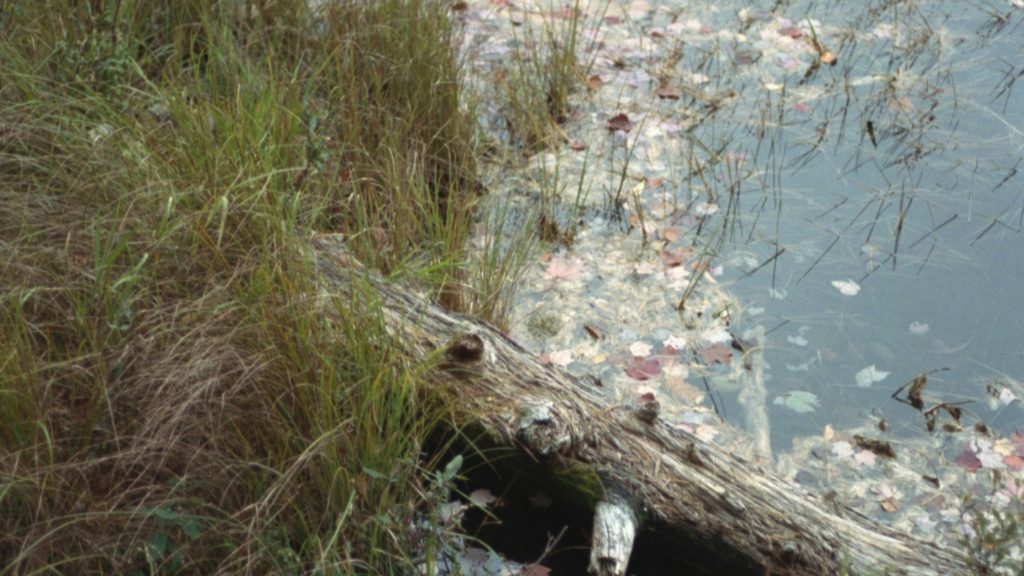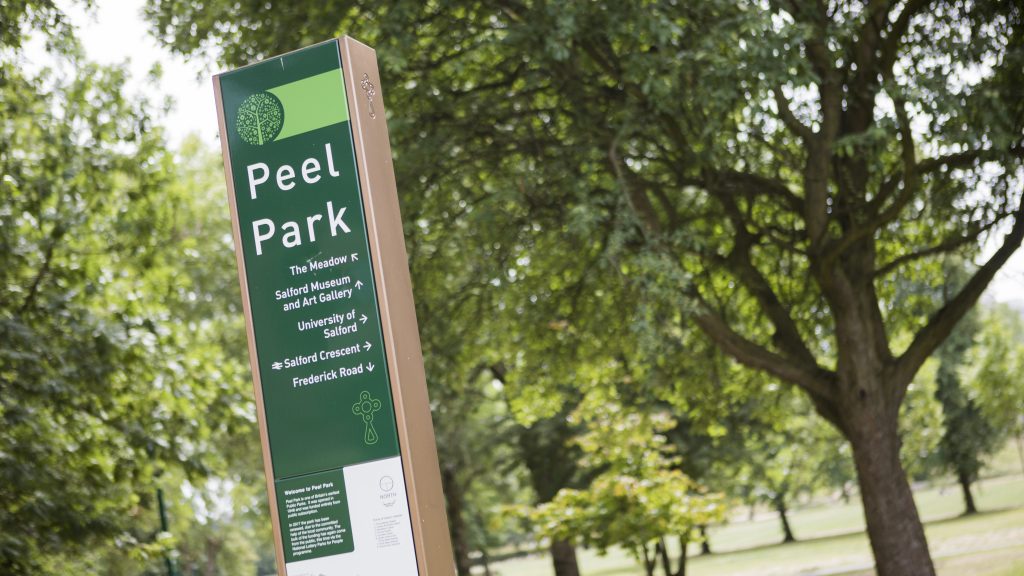When we think about plastic pollution, our minds often drift to distant beaches, clogged oceans, or turtles mistaking bags for jellyfish. But what if I told you that one of the biggest threats to our health and ecosystems is lurking much closer – right in the rivers, canals, and lakes of the UK?
Welcome to the hidden crisis of microplastic pollution in freshwater systems.

What Are Microplastics?
Microplastics are plastic particles smaller than 5 millimetres. Some are primarily manufactured at that size for products like cosmetics or industrial use. Others are secondary, breaking down from larger plastic debris. Either way, once they enter rivers, they’re nearly impossible to remove.
They’re in the water we drink, the fish we eat, and the soils where we grow our food.
A Growing Problem in the UK
A 2022 study by Bangor University and Friends of the Earth detected microplastics in all 13 rivers they tested, including major waterways like the Thames, Mersey, and Clyde. Closer to home, the River Tame in Greater Manchester stands out for all the wrong reasons – it has some of the highest levels of microplastic contamination in the world, with up to 500,000 particles per square metre found in its sediment. Meanwhile, ordinary household activities contribute more than we realise: it’s estimated that up to 68,000 microplastic fibres are released every week from each UK household through laundry alone, most of which slip through wastewater treatment systems and make their way into rivers.
Despite this growing crisis, freshwater microplastic pollution remains dangerously under-researched, under-regulated, and largely overlooked in policy and public awareness.

What About Salford?
Salford, our vibrant city nestled along the River Irwell, is not immune.
Despite ongoing regeneration, the city faces the same upstream-downstream challenge as many urban areas: stormwater runoff, mismanaged waste, and aging infrastructure funnel plastics into its waterways. With the Irwell running through residential, industrial, and green belt areas, it becomes a highway for pollution, especially during rainfall.
We’re seeing a silent build-up of plastic particles not only in surface water but also in riverbed sediments acting as long-term reservoirs of pollution, slowly releasing toxins into the ecosystem.
Why It Matters for Public Health
Microplastics found in freshwater don’t just stay in rivers – they can make their way into our food chain through fish and crops irrigated with polluted water. These tiny particles also carry heavy metals and toxic chemicals, which can raise the risk of cancer, disrupt hormones, and damage organs. Emerging research from around the world even suggests that microplastics may affect brain function and the immune system. In simple terms, what flows through the River Irwell could eventually flow into you.
Time to Act: What Can Salford and You Do?
We don’t need to wait for disaster to act. Here’s what we can do right now:
- Support urban green infrastructure like rain gardens and constructed wetlands to trap pollutants before they reach waterways.
- Advocate for washing machine filters and stricter microfibre regulations in household products.
- Organise and join river clean-up and engage with council to go beyond aesthetics and invest in long-term solutions.
- Educate others and talk about the issue, share the science, demand transparency.
- Involve in research and development to tackle research happening at the University to tackle Global Environment Problems.
Finally: It Starts with Us
Salford is a city built on innovation, resilience, and a strong sense of community. We have the chance to lead not only in cleaning our rivers but in changing how we tackle plastic pollution right from the source. So, if you’re at Salford, join the Sustainability Team for the final event of Plastic-Free July and explore more about plastics and how we can solve this challenge together.
Let’s act now before the unseen damage becomes irreversible.
Written by Saadan Hussain